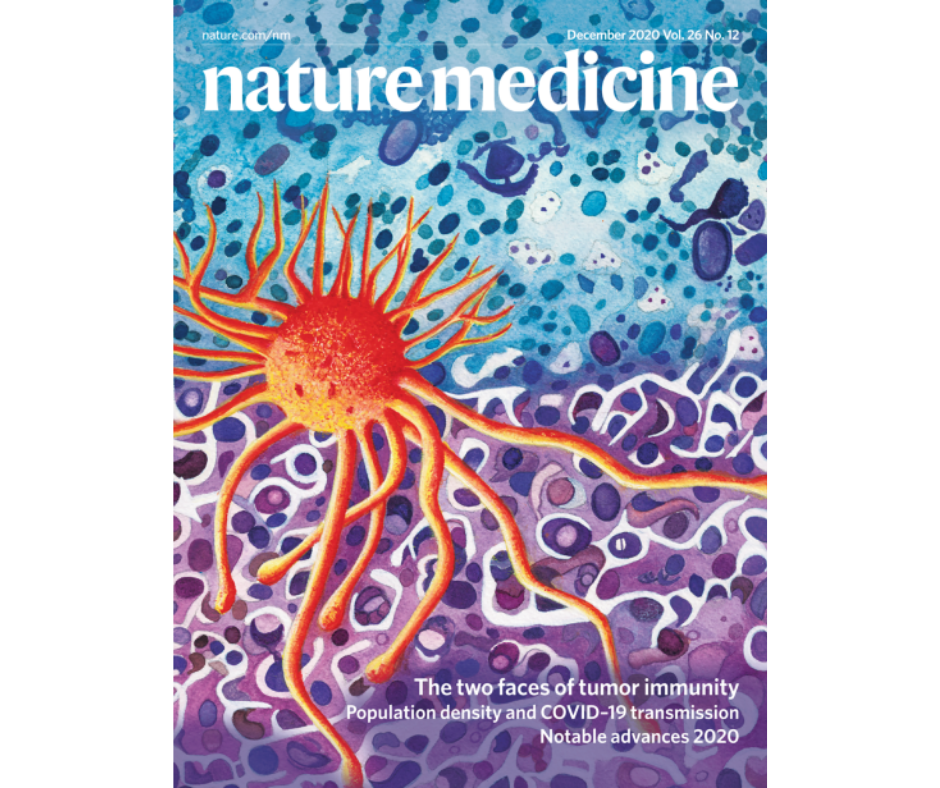Difficult Trade-Offs in Response to COVID-19: The Case for Open and Inclusive Decision-Making
In a Nature Medicine Comment published on 18 December 2020, BCEPS researchers and international colleagues highlight the importance of open and inclusive decision-making in the context of the COVID-19 pandemic.

Main content
LINK TO NATURE MEDICINE COMMENT:
Difficult Trade-Offs in Response to COVID-19: The Case for Open and Inclusive Decision-Making
Authors: Ole F. Norheim (BCEPS, UiB), Joelle M. Abi-Rached (Sciences Po), Liam Kofi Bright (LSE), Kristine Bærøe (BCEPS, UiB), Octávio L.M. Ferraz (King's College London), Siri Gloppen (UiB), Alex Voorhoeve (BCEPS, LSE)
PRESS RELEASE:
This Nature Medicine Comment is a shorter version of a World Health Organisation (WHO) background paper with the same title that was requested as input for a joint WHO-OECD report.
The authors are concerned with important practical, moral and legal reasons for open, inclusive decision-making within public health and economic emergencies generated by the COVID-19 pandemic. They argue the case for deliberative, inclusive and transparent decision-making and offer examples of how to put it into practice.
In the light of the COVID-19 pandemic, governments worldwide have been forced to impose public health measures that are accompanied by difficult trade-offs regarding liberties, economic growth, employment, mental well-being and education. For such policies to be effective, the authors argue that there must be trust in political and scientific authorities and adherence to public health recommendations. The authors believe that this can be achieved through inclusive decision-making and the involvement of all stakeholders.
We argue that deliberative decision-making that is inclusive, transparent and accountable can contribute to more trustworthy and legitimate decisions on difficult ethical questions and political trade-offs during the pandemic and beyond.
[Kristine Bærøe - BCEPS]
It is clear that instituting and broadening deliberative, inclusive decision-making is a challenging process that requires transparent dialogue between political leaders, experts and the public about ethical, legal, scientific, economic, social and political concerns as well as uncertainties. The resulting policies, however, promote political equality, accountability and legitimacy and reinforce trust.
Countries with established systems of participatory health governance benefit from a base of public trust.
Together with effective communication strategies and unified public health schemes, it appears that these systems are central to a successful response to COVID-19.
In the context of the COVID-19 pandemic, the authors believe that inclusive, transparent and accountable decision-making will thus:
- improve the quality of decisions and increase legitimacy and trust
- improve compliance to and adherence with public health measures and therefore policy effectiveness
- contribute to political equality, human rights and a virtuous cycle of trust-building
- help establish systems of participatory health governance to legislative and policy processes

